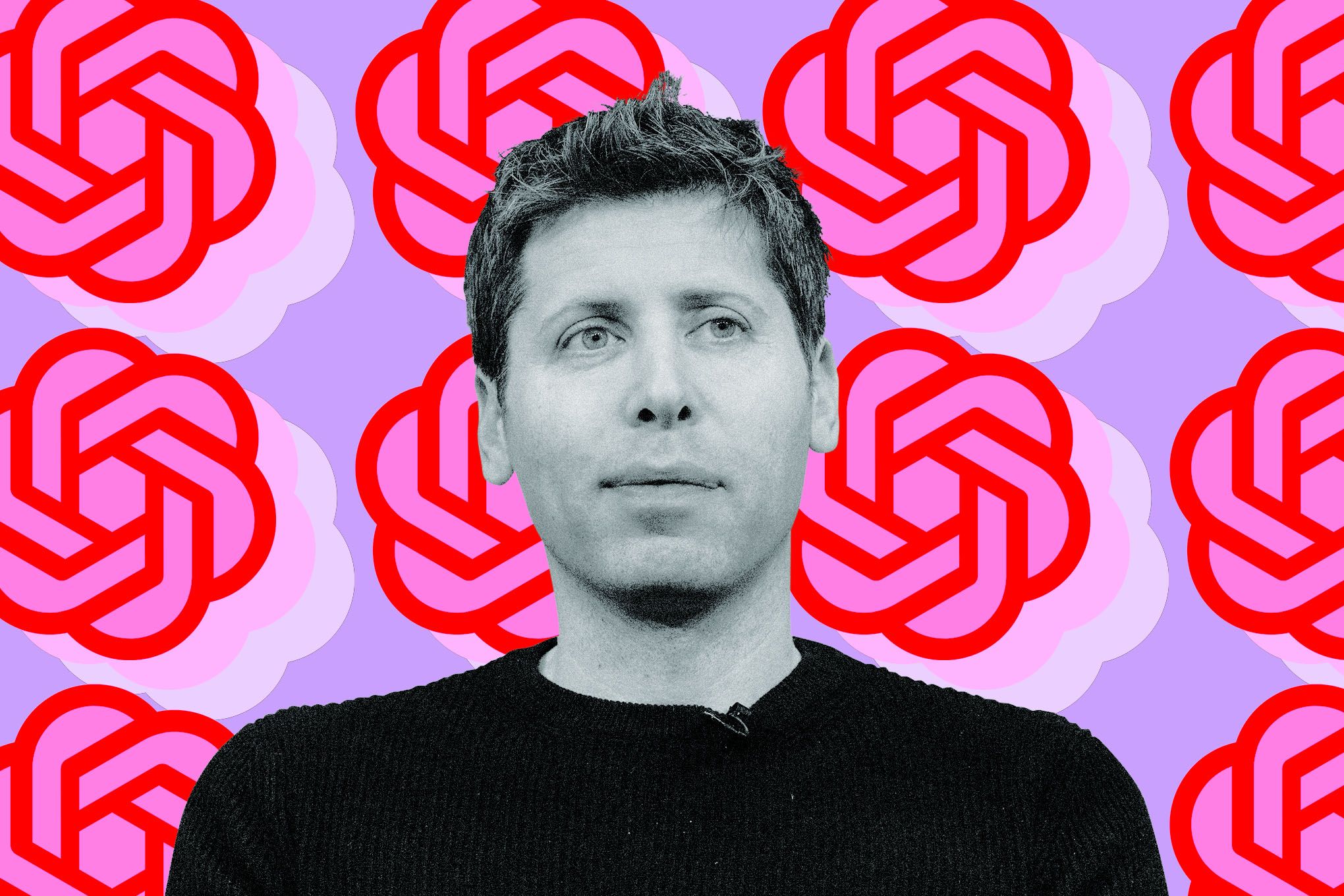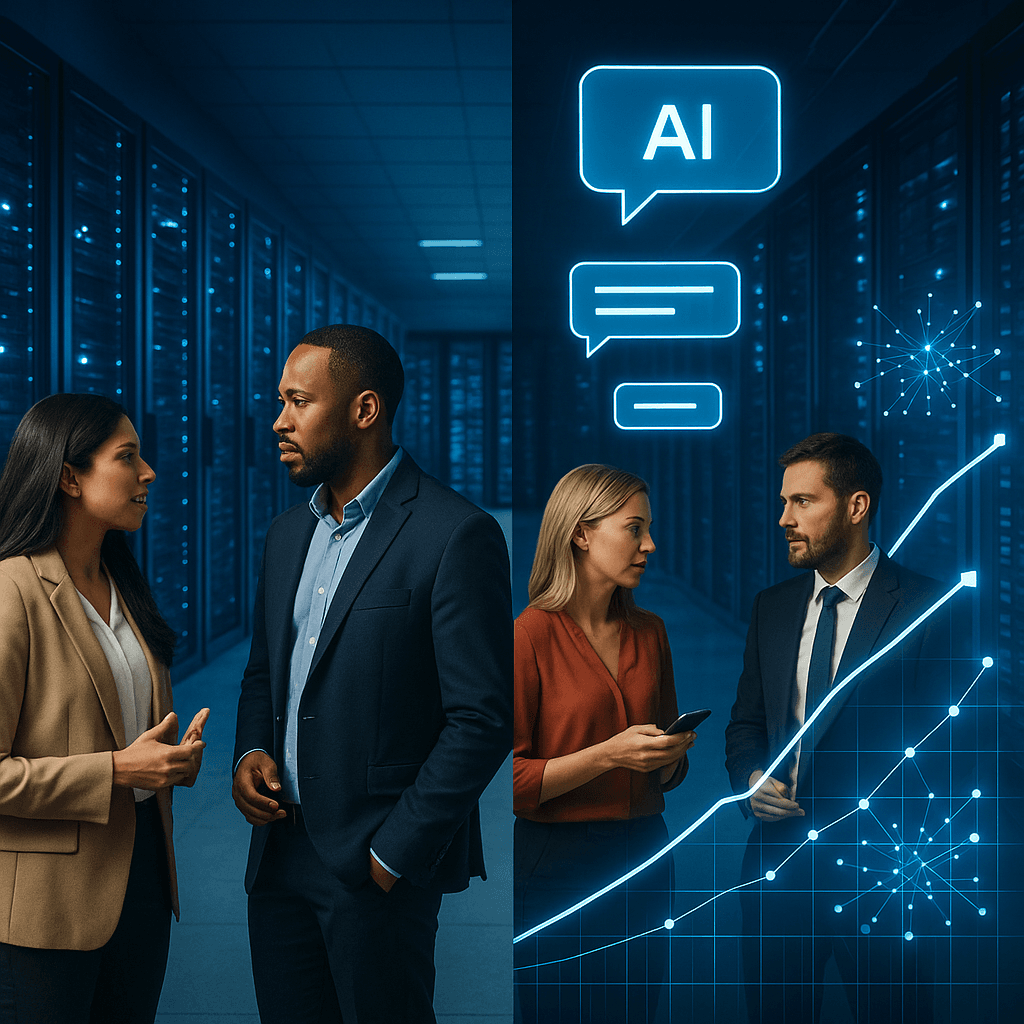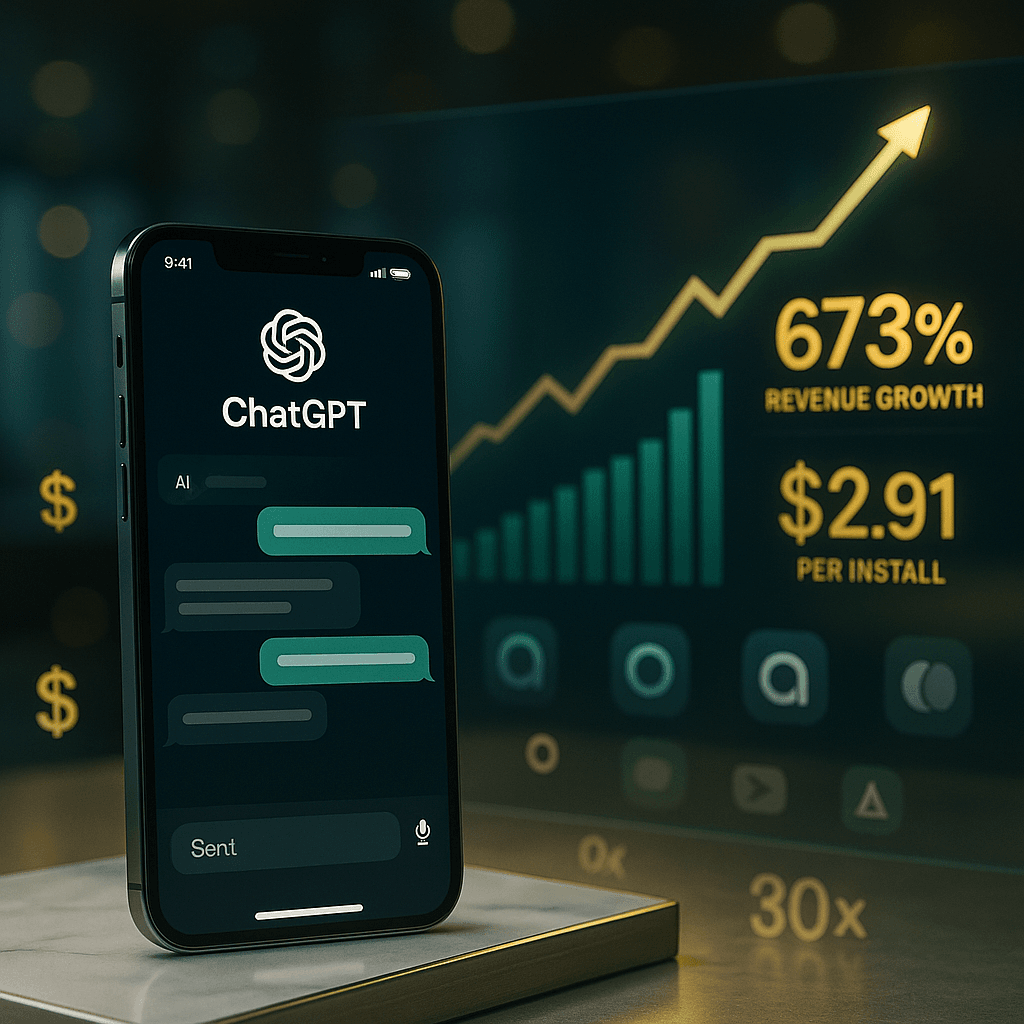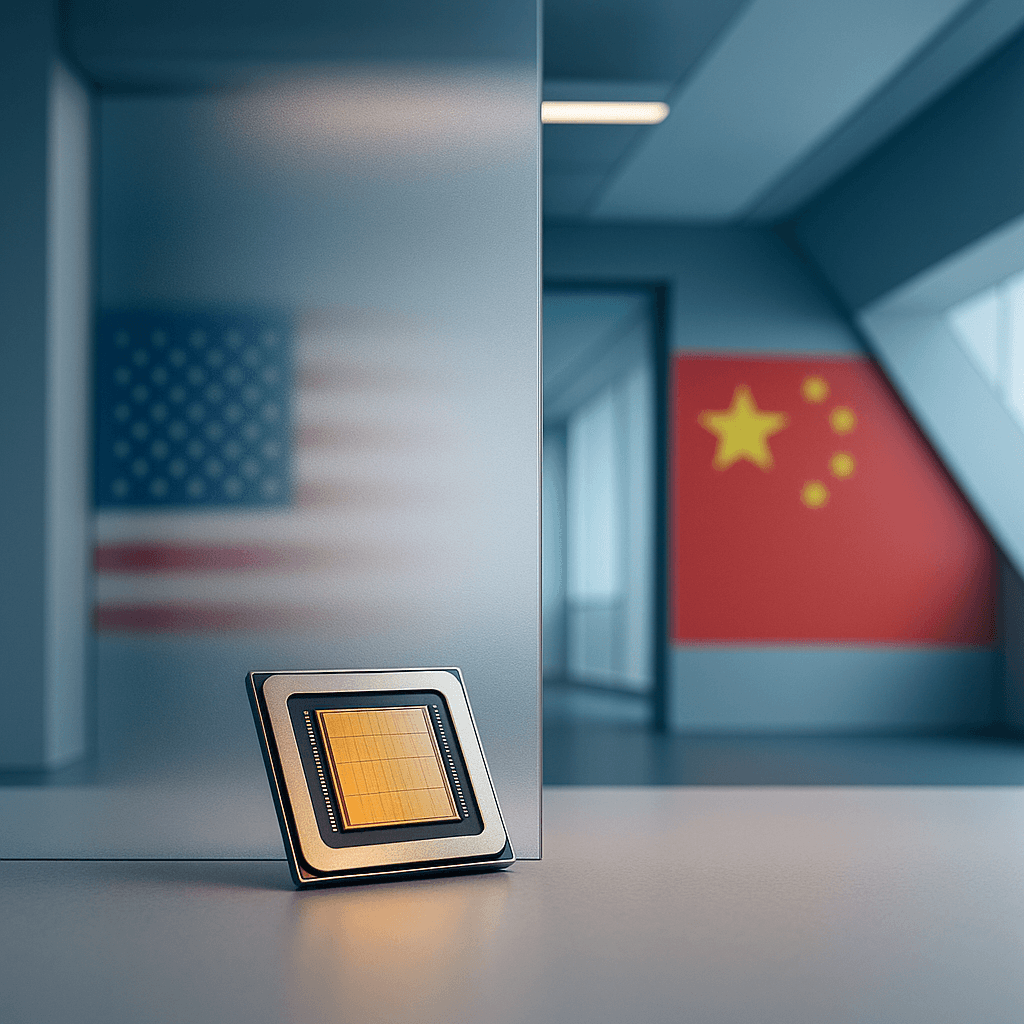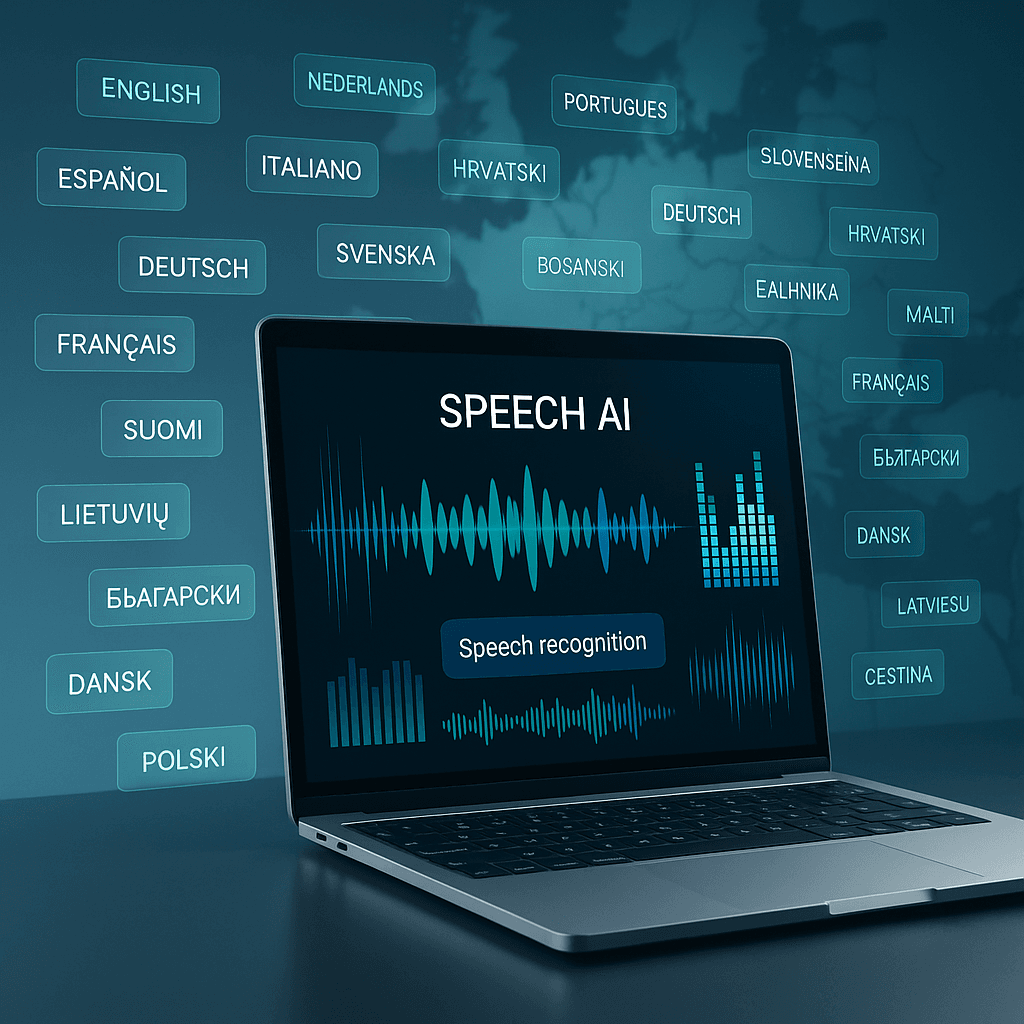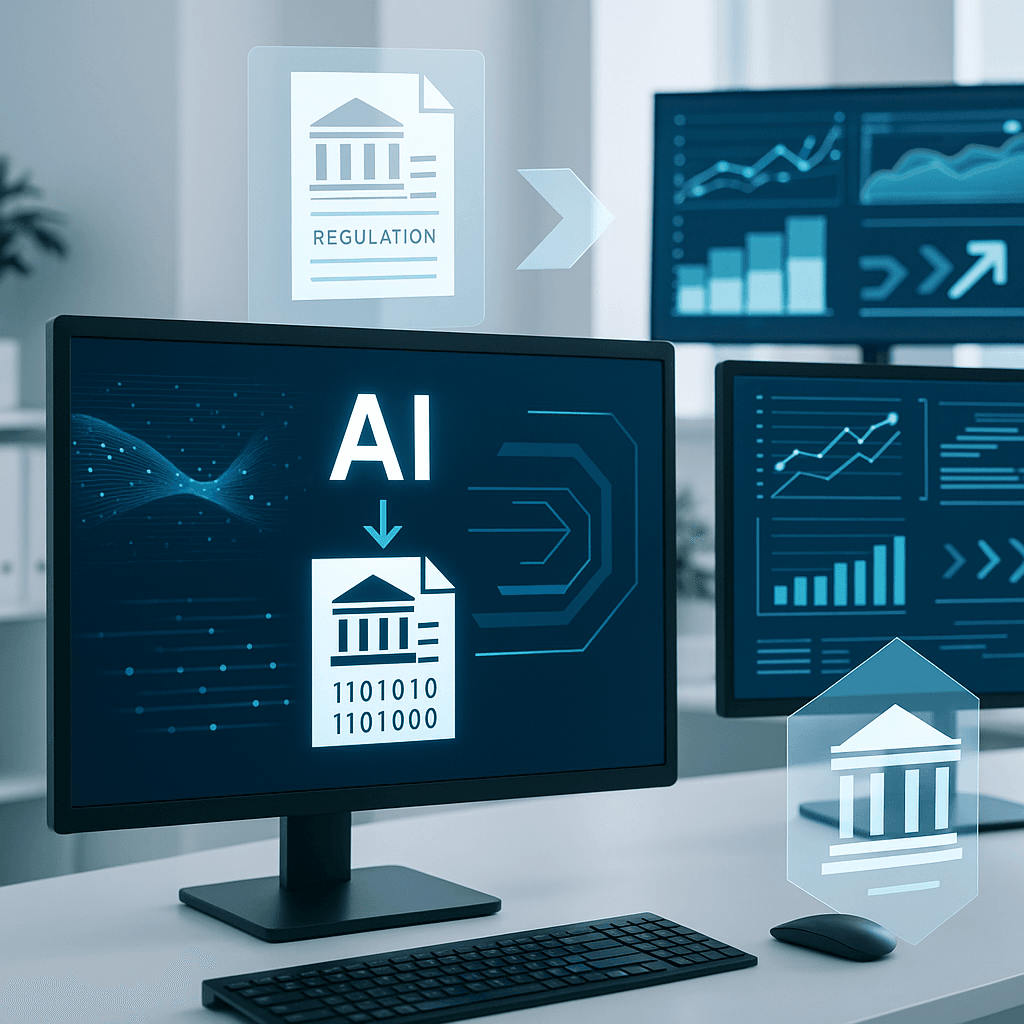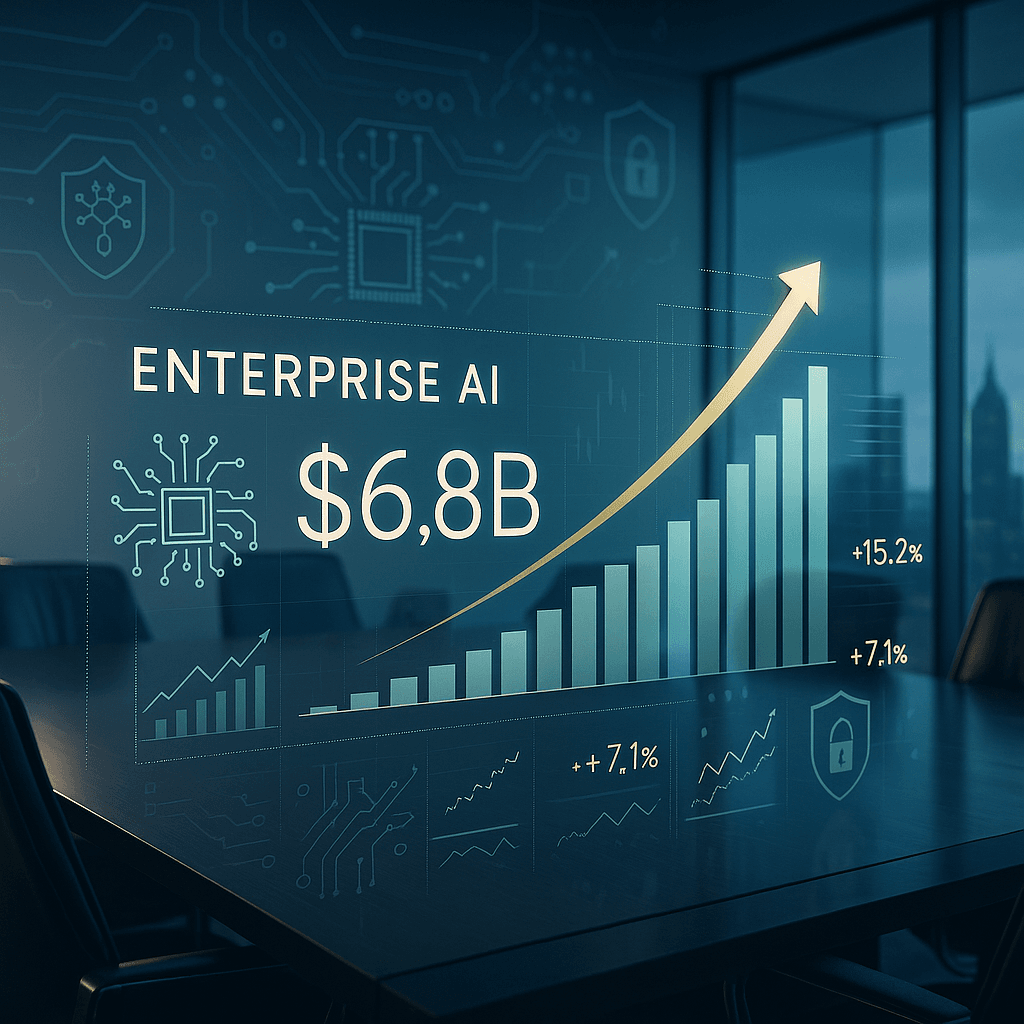TL;DR:
• Altman admits GPT-5 rollout mistakes but API traffic doubled in 48 hours
• OpenAI planning trillions in data center spending to address GPU shortage
• Company eyeing Google Chrome acquisition and developing brain-computer interface rival to Neuralink
• ChatGPT now reaches 700M+ weekly users, targeting path to become third-largest website
Sam Altman just delivered his most candid assessment yet of OpenAI's GPT-5 launch, admitting the company 'totally screwed up some things on the rollout' while revealing ambitious plans to spend trillions on data centers and potentially acquire Google Chrome. The exclusive interview comes as ChatGPT hits 700 million weekly users despite user backlash over the model switch.
OpenAI CEO Sam Altman just delivered the most unvarnished look yet at the chaos behind GPT-5's launch, admitting his company 'totally screwed up some things' during last week's rollout that sparked user revolt across Reddit and X. Speaking candidly during an exclusive dinner with The Verge's Alex Heath and other reporters in San Francisco, Altman revealed the internal scramble to restore ChatGPT's beloved 4o model after paying subscribers protested its sudden disappearance.
'I think we totally screwed up some things on the rollout,' Altman acknowledged, describing how he personally made the call to quickly bring back 4o as an option for subscribers. The admission comes as OpenAI grapples with managing a product that now reaches over 700 million people weekly – roughly quadrupling its user base in just one year.
Yet beneath the surface chaos, the numbers tell a different story. API traffic doubled within 48 hours of GPT-5's launch, and ChatGPT continues hitting new daily user records despite the backlash. 'We're out of GPUs,' Altman admitted, highlighting the fundamental constraint choking OpenAI's growth ambitions.
This GPU crunch is driving Altman's most audacious promise yet: 'You should expect OpenAI to spend trillions of dollars on data center construction in the not very distant future.' The comment reveals how AI leaders are now thinking in unprecedented scales, with OpenAI essentially betting its future on becoming the world's largest infrastructure company. 'We have better models, and we just can't offer them because we don't have the capacity,' he explained.
